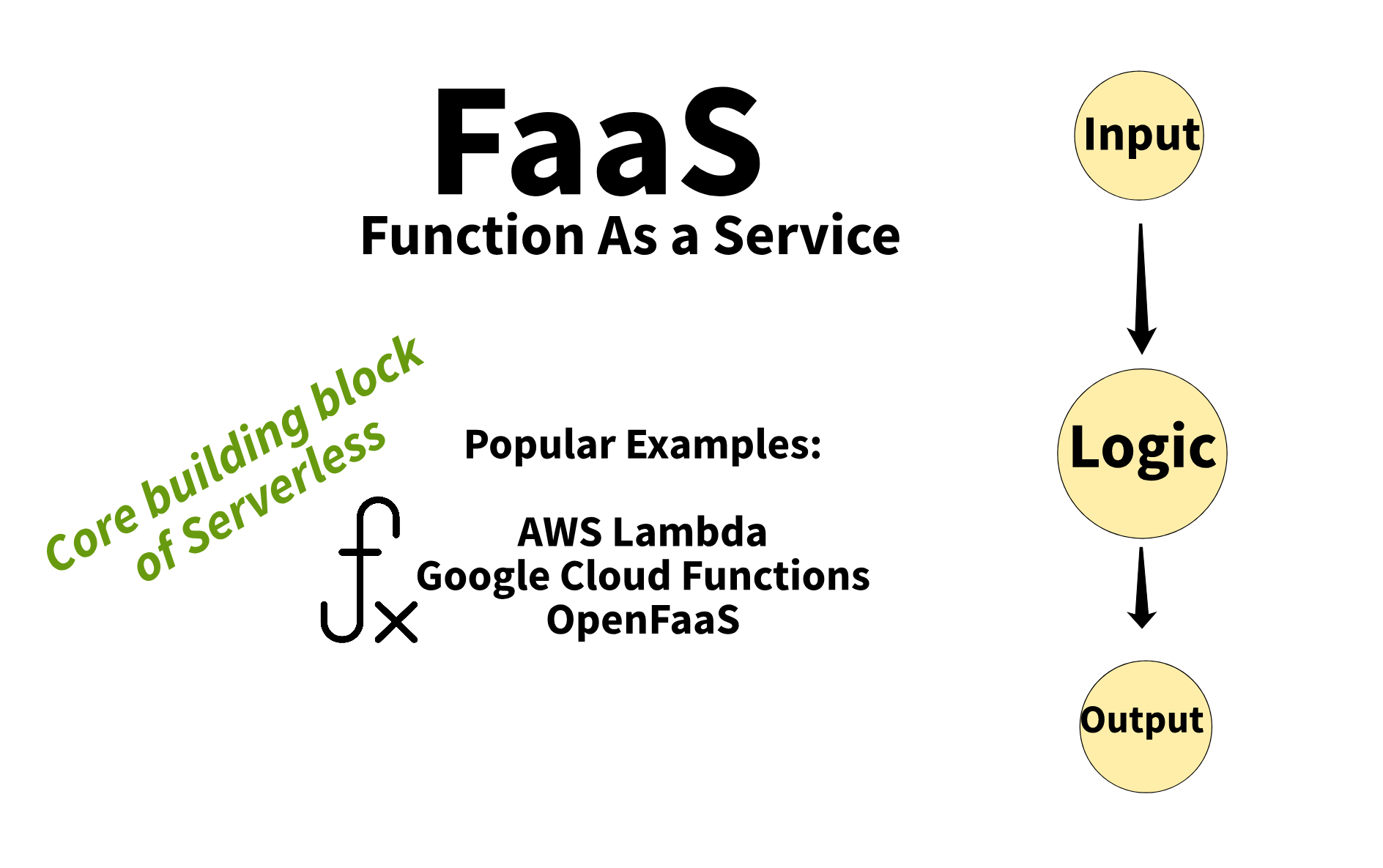
Function as a Service (FaaS): Core Building Block of Serverless Technology
What is FaaS?
- Simplest unit of work for building applications, microservices, or event-driven protocols
- Basic workflow: Input → Logic → Output
Characteristics of FaaS
- Simple and easily understandable
- Highly scalable
- Quick response time
Popular FaaS Framework: AWS Lambda
- Can be attached to various services:
- S3 notifications (e.g., file uploads)
- SQS (Simple Queue Service) messages
- Enables building infinitely scalable services with small response times
Best Languages for Serverless/FaaS
- Rust
- Go
Advantages of Modern Compiled Languages for FaaS
- Speed
- Safety
- Optimal deployment characteristics
- Millisecond response and invocation times
- Low energy usage
Key Considerations for FaaS Development
- Focus on maintenance over ease of building
- Optimize for low costs (financial and energy)
- Consider total cost of service over time
Takeaway
When developing Function as a Service applications, prioritize long-term efficiency, maintenance, and cost-effectiveness over initial development ease. Choose languages and practices that support these goals in a serverless environment.